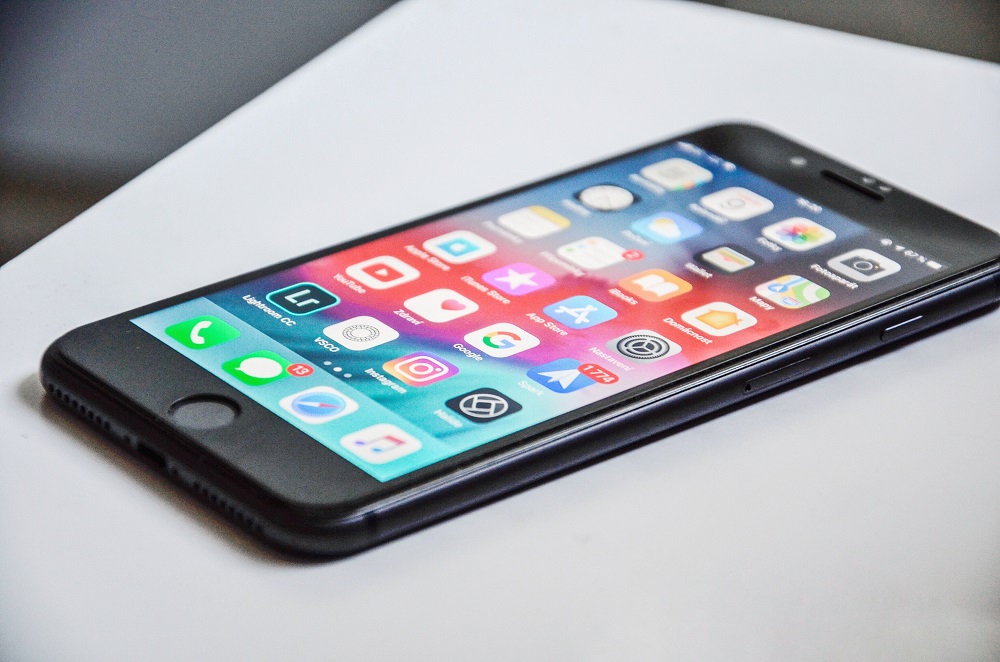
Health apps are meant to be easy and convenient tools that help us live healthier, change bad habits into good ones, help us manage chronic conditions…the list is endless. Look up any health-related topic on Apple’s App Store or Google Play and you’ll get dozens, if not hundreds of apps. But how do you know those apps are good? Do you trust the star ratings and reviews?
I thought it would be interesting this week to hear the HCLDR community’s take on health apps. It’s something I’ve been curious to explore for a while now – especially after reading a report from ORCHA – the “world’s leading health app evaluation and advisor organization” that “helps governments, health and social care organisations to choose and deliver health apps that will safely make the biggest impact in terms of improving outcomes.”
In the report released earlier this year, ORCHA found:
- Downloads of apps that support consumers with mental health rose by almost 200% between the summers of 2019 and 2020.
- App downloads that support consumers with diets and weight loss increased by 1,294% from mid 2019 to mid-2020.
- Downloads of apps that help consumers with diabetes jumped by 482%.
In other words, the pandemic increased the use of health apps.
Good vs Bad Apps
So what makes a health app good vs bad? Is the app’s ease of use the most important thing or is it all about the outcomes? Do apps have to make it easy to get your data in/out of? Does it have to connect to your physician’s EHR or your own Personal Health Record (PHR)?
In 2015, a study was published that found users:
- Prefer features that save time over current methods
- Consider an app valuable when it is simple and intuitive to use
- Want the app to share data with designated individuals
Companies Behind the Apps
Let’s be honest, how many of us research the company behind an app before we download it? I admit I didn’t do it, especially if that app came recommended by a friend. But cybersecurity and healthcare experts have consistently warned us to look before we load.
I remember reading this Wired article about how a popular blood pressure app gave inaccurate results and was based on questionable science. The company behind the app had a “disclaimer” that the app was for recreational use only and should not be considered an FDA cleared medical device…written in small print of course.
Furthermore, there have been stories of nefarious organizations building apps expressly for the purpose of loading malware or stealing passwords.
For healthcare specifically there is also the concern about data privacy and data sharing. Many companies are less-than-transparent when it comes to disclosing how they plan to use the data that is collected from its users. In fact, earlier this year a study of 21,000 health apps was published in The BMJ that found:
- 28.1% of the apps provided no privacy polices
- 23.0% of the apps transmitted user data insecurely
- 1.3% of user reviews raised concerns about privacy
An interesting question I would like to ask the HCLDR Community: Should there be oversight of health apps by the FDA or some other organization that can police apps that could potentially harm patients?
Tweetchat
Join the #hcldr community on Tuesday August 31st at 8:30pm ET (for your local time click here) when we will discuss the following questions:
- T1 What makes a health / healthcare app good vs bad? Features? Outcomes? Usability?
- T2 What influences you the most to download a health app? Ratings? Friends? Articles? Doctor-Recommended? Advertising?
- T3 Fill in the blanks. “In healthcare we need more ____ apps and we need less ____ apps”
- T4 Should health/healthcare apps be regulated like medical devices are? Why or why not?
References
“COVID-19: Digital Health Trends & Opportunities for 2021”, ORCHA, January 2021, https://www.orcha.co.uk/media/1746/covid_report_jan_2021_final-version.pdf, accessed 28 August 2021
“ORCHA reports health app download ‘explosion’”, Health Tech Newspaper, 12 January 2021, https://htn.co.uk/2021/01/12/orcha-reports-health-app-download-explosion/, accessed 28 August 2021
“Data sharing by popular health apps is routine and far from transparent”, BMJ, 20 March 2019, https://www.bmj.com/company/newsroom/data-sharing-by-popular-health-apps-is-routine-and-far-from-transparent/, accessed 28 August 2021
Tangari G, Ikram M, Ijaz K, Kaafar M A, Berkovsky S. “Mobile health and privacy: cross sectional study” BMJ, 2021, https://www.bmj.com/content/373/bmj.n1248, accessed 28 August 2021
Mendiola MF, Kalnicki M, Lindenauer S. “Valuable features in mobile health apps for patients and consumers: content analysis of apps and user ratings”, JMIR Mhealth Uhealth, 13 May 2015, https://www.ncbi.nlm.nih.gov/pmc/articles/PMC4446515/, accessed 28 August 2021
McMillan, Robert. “These Medical Apps Have Doctors and the FDA Worried”, Wired, 29 July 2014, https://www.wired.com/2014/07/medical-apps/, accessed 28 August 2021
Berman, Robby. “Do mHealth apps protect user privacy?”, Medical News Today, 21 June 2021, https://www.medicalnewstoday.com/articles/do-mhealth-apps-protect-user-privacy#Assessing-mHealth-apps, accessed 28 August 2021
Spadafora, Anthony. “Uninstall these dangerous Android apps now – they could be stealing your data”, Techradar, 21 April 2020, https://www.techradar.com/news/uninstall-these-dangerous-android-apps-now-they-could-be-stealing-your-data, accessed 28 August 2021
Image Credit
Photo by David Švihovec on Unsplash